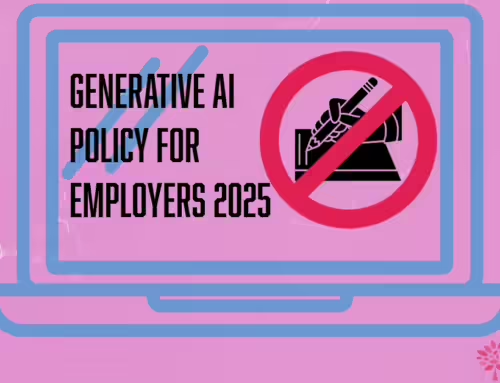In August of last year Accenture announced that it was to end its formal annual review – a move that was greeted with joy from the 300,000 strong workforce.
Its been known for a long time that the annual appraisal process is inherently flawed and is often seen as an administrative task by managers and employees alike.
“I think it’s been known for a while that appraisals don’t work,” argues Tim Taylor, director at Making Great Leaders. “Either managers are too lazy and everyone gets the same rating, or it creates false rankings by creating a bottom 10% – even if everyone is actually succeeding.
“They focus on goals made 12 months ago that might not even be relevant anymore, and more than that, staff themselves perceive it as inherently unfair.”
So what comes next, if the ratings based appraisal is on the way out, where do we go from here?
Well simply put, who knows. The thing you have to remember is that appraisals were born in a different time HR wise. Appraisals were born in a time when we had large numbers of employees doing the same kind of job, following very structured pay scales. So a ratings based approach (i.e giving someone a score against a criteria) was useful to help differentiate performance.
Today we live in a world of enhanced roles, unique job roles and individual pay, so when we use a rating scale we end up with one that is so generic (to fit so many different roles) that it becomes useless unless we create a ratings scale for every unique job in the business, which in large firms becomes a never ending job of definition and re-definition.
Focus on what’s important
All being said, a review of some kind still has a value to the business and the employee. Employees like face time with the boss, they generally like some attention (feedback) and its a good way for a manger to connect with their employees as well as give an update on how the team or business is doing.
So if you want to do reviews, start with the end in mind – namely identify what effect you want to have at the end – i.e
- is it motivation
- is it a briefing session
- is it about agreeing development goals
- is it about pay and bonuses
- is it to talk about team/individual performance
- is it about fixing something
- is it about building a relationship
Welcome to Job Chats
So, whats the way forward – how about a job chat instead. Unique to the person, done at a frequency that suits the issue without the need for pointless paperwork.
Step One – whats the point?
Pick the area you want to discuss/review/fix that meets the needs of the business. Some people may only have one thing, others may have more. But rather than having one review process that fits all, try and make it personal to the individual and what needs fixing.
Step Two – bin the form
Aaarrgghhh, forms the scourge of good management. Forms have white boxes that mangers and employees seem intent on filing in – even when there is nothing meaningful to say. So just chuck them out, grab a pen and some paper and have a chat. Discuss the highs and lows, makes some notes and agree what you need to agree to fix the thing you noted down that needs fixing.
Once it’s agreed (if there is anything to agree) write them up in an email and email it it the employee as a reference.
Step Three – the magic part
So we’ve had the meeting and sent an email – if you want this process to work – have a review. Don’t worry about is it 6 months or 12 months, just use a time frame that’s relevant to the issue that’s being addressed. So if the issue was one of building a trusting relationship, you might want to have a catch up with the person every month for 5 or 10 mins just to make sure they’re doing okay. If the issue was about agreeing some training then – your frequency might be in 6 months or after training has taken place.
The review is the most important part of any review process as this is where the employee is encouraged to act – remember people do what you inspect bot what you expect, so if the employee perceives they are being inspected on a process they tend to pay attention to it.
If you’re struggling with the concept of appraisals, and are looking for a fresh approach get in touch with us.





